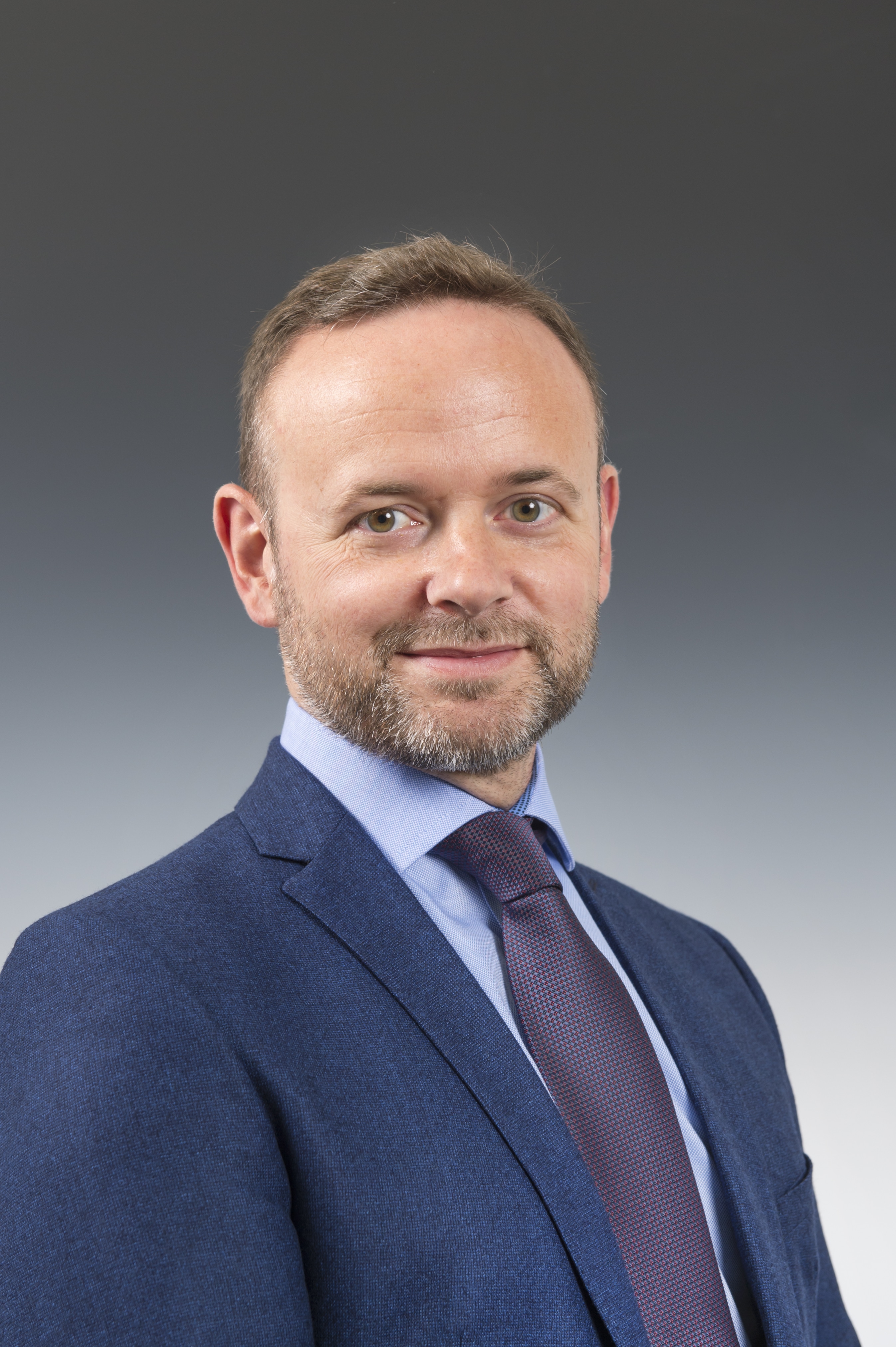It now appears that digitalisation really is happening within the energy industry. Smart grid, smart metering, smart home, the internet of things and the current favourite, blockchain, have for a long time remained just buzzwords, magic incantations that have taken the place of any strategy in this field. Recent developments are pushing energy specialists into an approach similar to that taken by the French philosopher Pascal in his wager on the existence of God: “I’m not sure what will happen, but if I don’t believe in it and it does happen, my business model will go to hell in a handcart.”

Author
François Fellay, CEO of Energies Sion Region (ESR)
About
Digitalisation within the energy industry
That model will be disrupted vertically: producers will be able to supply their customers, the end consumers, directly and in real time, without any intermediary. The physical network will merely have to allow the movement of electrons (or gas molecules), and transform them to the correct voltage or pressure. The energy business of today will be reduced to being a network operator whose revenue will gradually come under pressure from the authorities. Shareholders will see their dividends disappear if we fail to adopt the tools that will enable us to remain at the centre of this commercial transaction.
It will also be disrupted horizontally: every aspect of the energy value chain will be affected. The production and direct sale of energy, its transmission and distribution, energy services, and, above all, the relationship with customers, which will finally be able to move directly into the 21st century.
Production
Producers will be able to sell directly to the new market and obtain a more stable and secure income from end customers, particularly when the wholesale markets are at their lowest. Facilities that produce renewable energy, such as hydropower, will provide a more consistent return that is less dependent on fluctuations in the European market. However, information technology is not the answer to everything: customer relationships will have to be cultivated and preferences created, because the provenance of electricity does not, unfortunately, constitute an absolute guarantee of customer preference.
Transmission
The situation of energy transmission is far from secure. Electricity highways are managed almost blindly and there are gaps in the data. Swissgrid is sounding the alarm, to no avail. The transmission grid operator must be able to collect information from the many lower-level networks in order to provide security of supply. It might be inclined to encourage distribution companies that give it some visibility.
Distribution
Each distribution company that is investing in its own network will be able not only to provide information but also to manage its network more efficiently. Production facilities are becoming increasingly decentralised and, with prosumption, it is no longer the intermittent nature of the weather that changes the load on the network, but the consumption profile of customers. At some times, they are consuming electricity and taking surplus energy from the network; at other times – while the sun shines and injects energy into the network, which is physically obliged to take up all the available energy – they are away. The architecture of the network is changing rapidly, and the signals coming from the Swiss Federal Office of Energy clearly indicate that investments in smart technologies will produce more profit than major investments in infrastructure.
Finally, multi-fuel utilities will have an incentive to make their networks converge. It will be possible to store large amounts of surplus electricity in the form of (renewable) synthesis gas and inject it back into the network when demand rises again.
This decarbonation process is technically fully-developed, but it will take time – the time needed for the energy transition – for it to produce high-grade energy and become economically profitable (we can remember the days, not very long ago, when photovoltaic energy still cost 1 CHF per kWh).
Services
There is already unlimited scope for diversification within the energy services sector. The development of these services is governed not so much by technical constraints as by how well they meet customers’ actual needs. At present, energy management at an individual household level only interests the small minority who are committed to monitoring their carbon footprint.
Buzzwords aren’t any good for customers
Which brings me to my final point. The focal point of any economy: the customer.
If the array of IT tools used within each link in the value chain does not bring the customer any financial benefit, then digitisation will remain just a buzzword.
The environmental revolution will take place via a new form of decarbonated profit. Climate change is happening far too quickly to invent a new philosophy.
However, whether it is digital or not, we must wager on a rapid energy transition, in the interest of our energy economies, our customers — and the future of the human race on this planet. Pascal’s philosophical principle is perfectly suited to our subject. Gamble on heaven to avoid hell.
P.S.: You will note that I have not mentioned market liberalisation – political decisions have only a small influence on this fundamental paradigm shift.
About the author
François Fellay
CEO of Energies Sion Region (ESR)
François Fellay is the CEO of energy distribution company ESR and has a wealth of experience in the energy industry and the world of networks. He holds a degree in international relations from the Graduate Institute of International and Development Studies in Geneva, a Master of Advanced Studies degree awarded by the Swiss Graduate School of Public Administration (IDHEAP) in Lausanne, and a certificate in management from HEC Paris. He worked for a major Swiss energy group for around ten years before becoming CEO of a Swiss subsidiary of a consultancy specialising in the energy, transport and water sectors.

